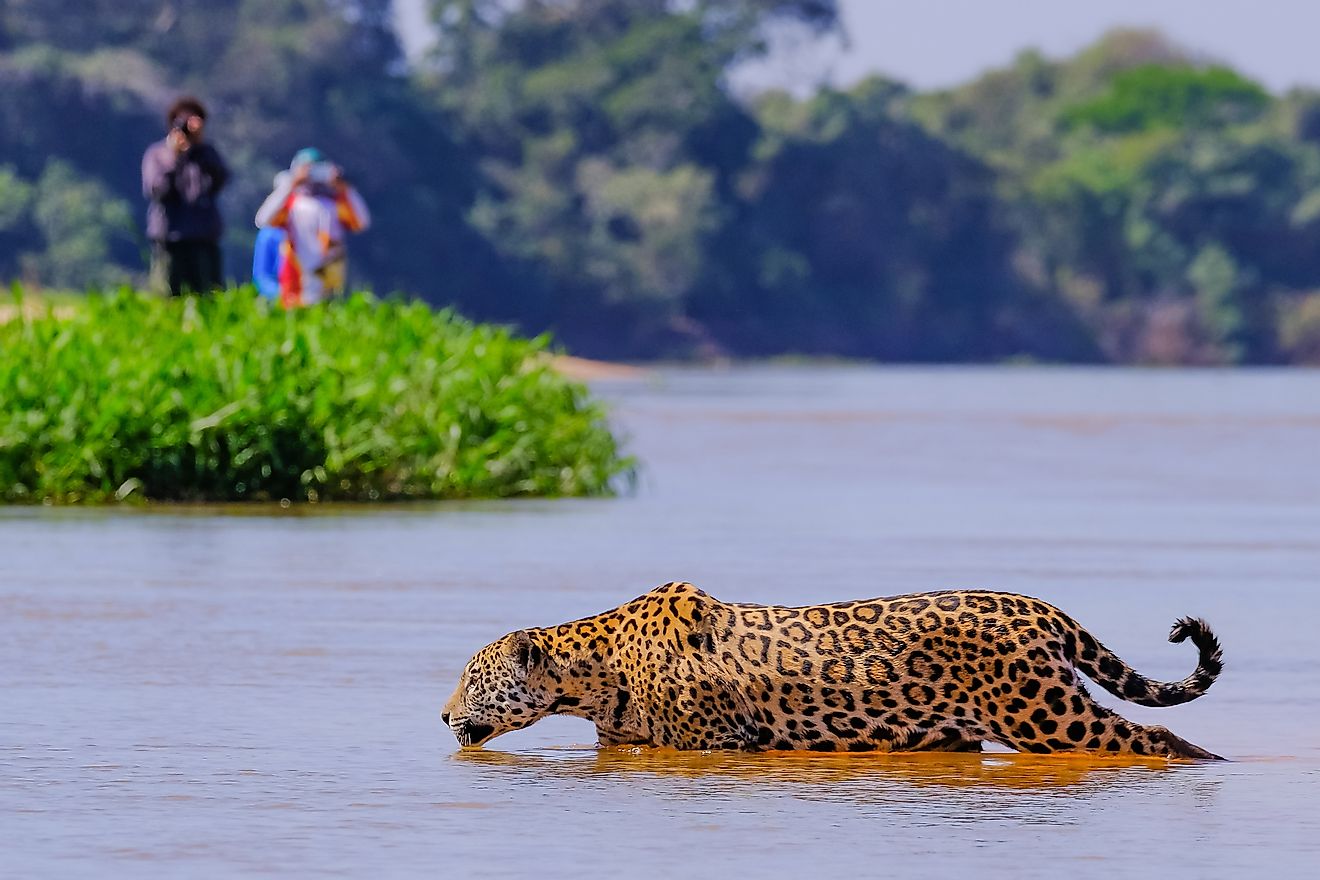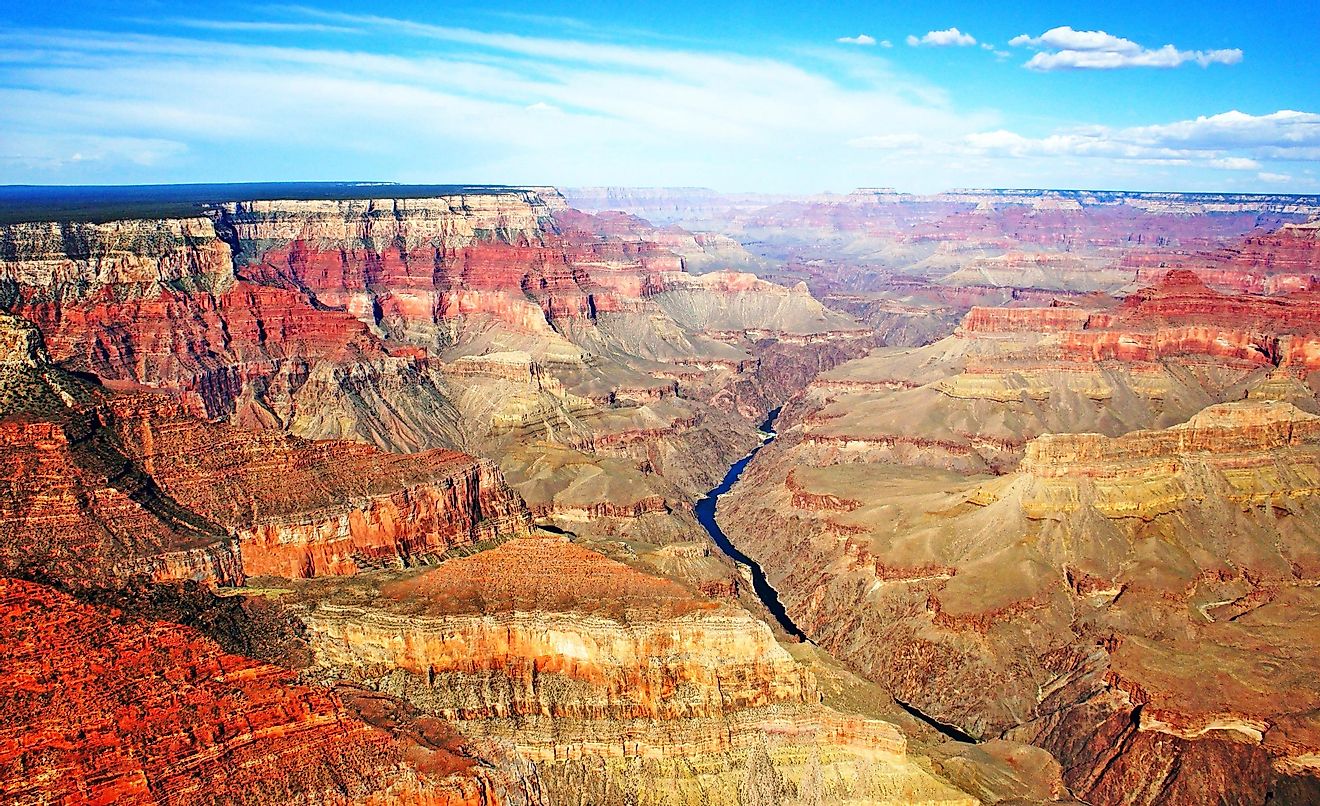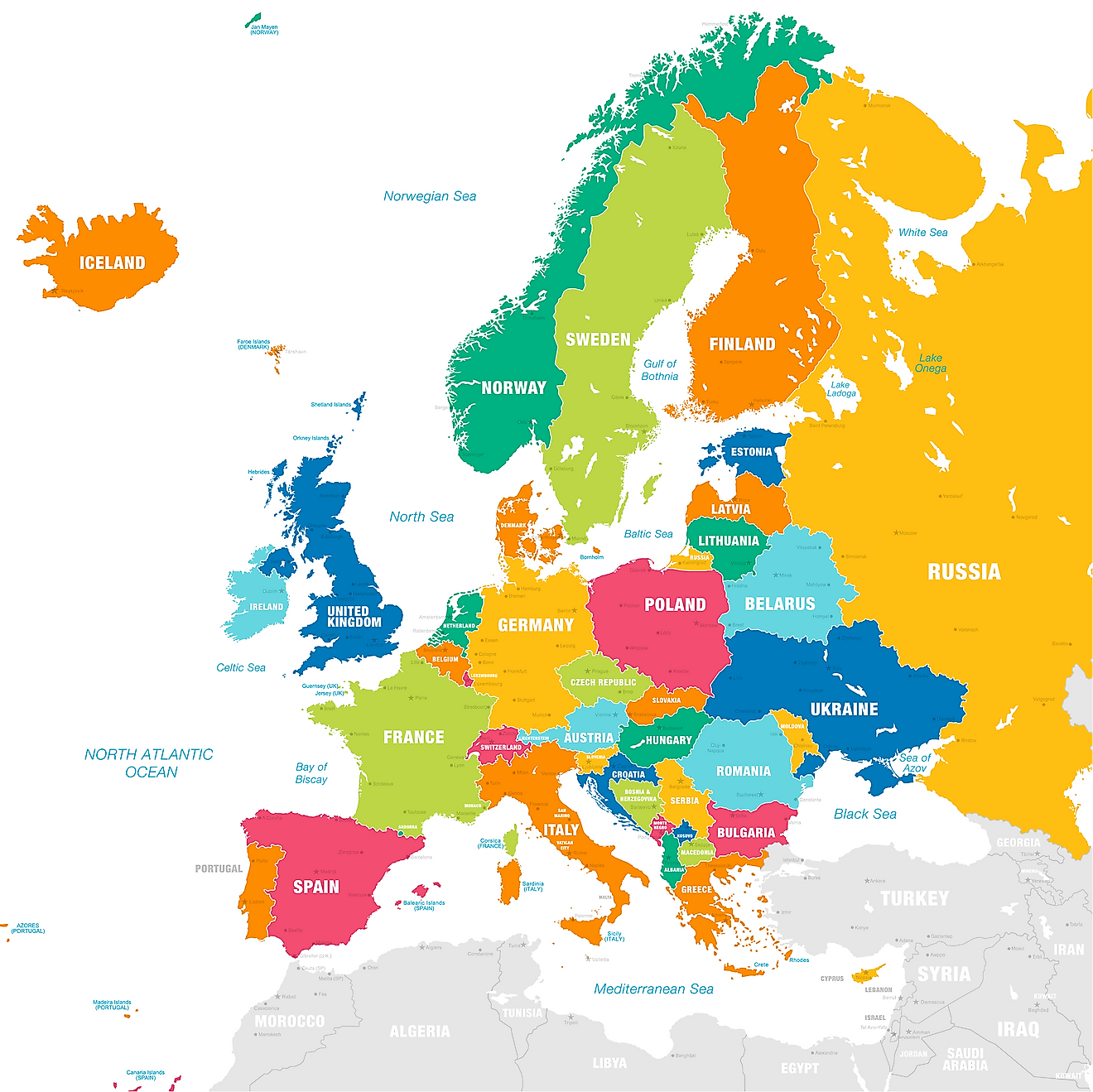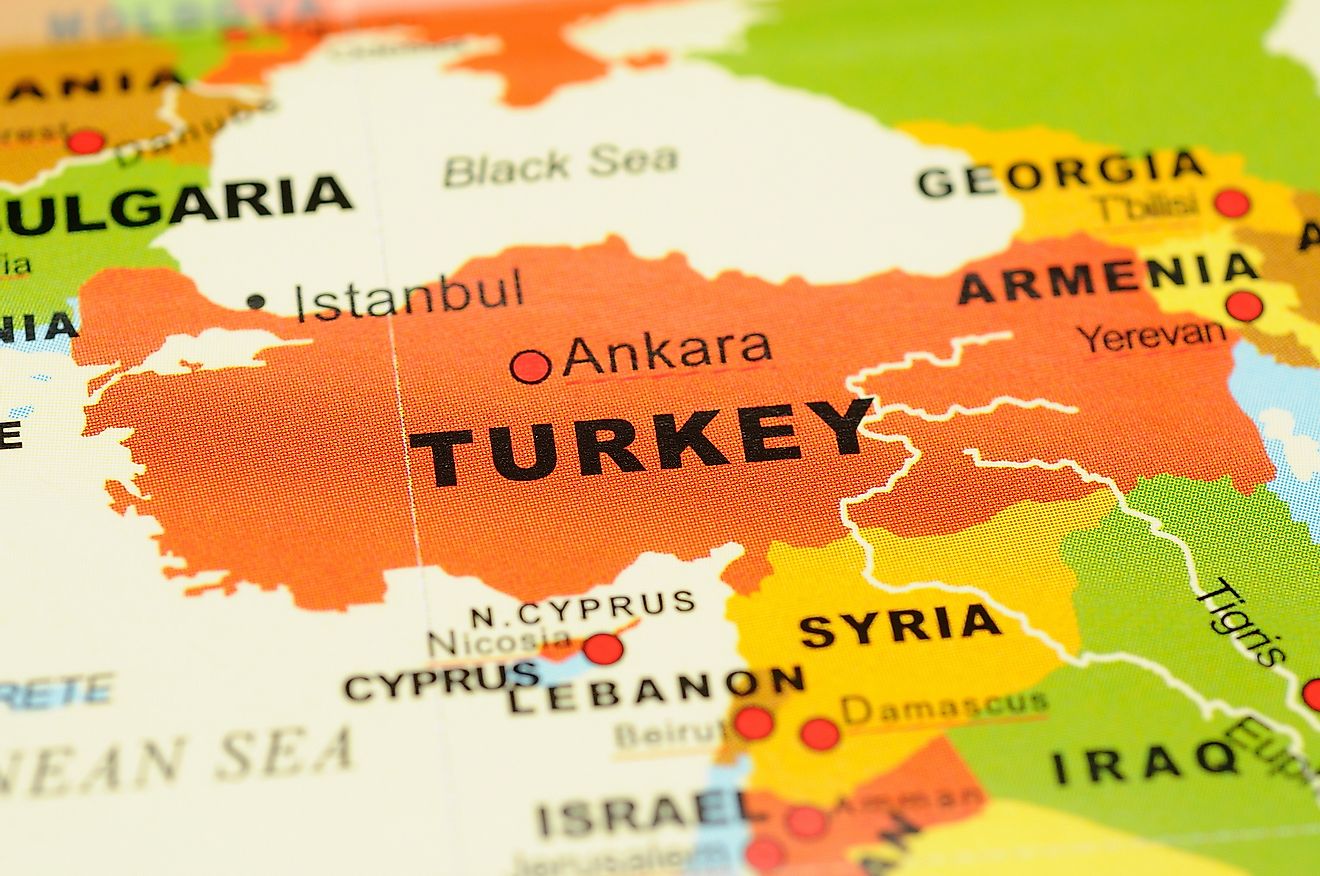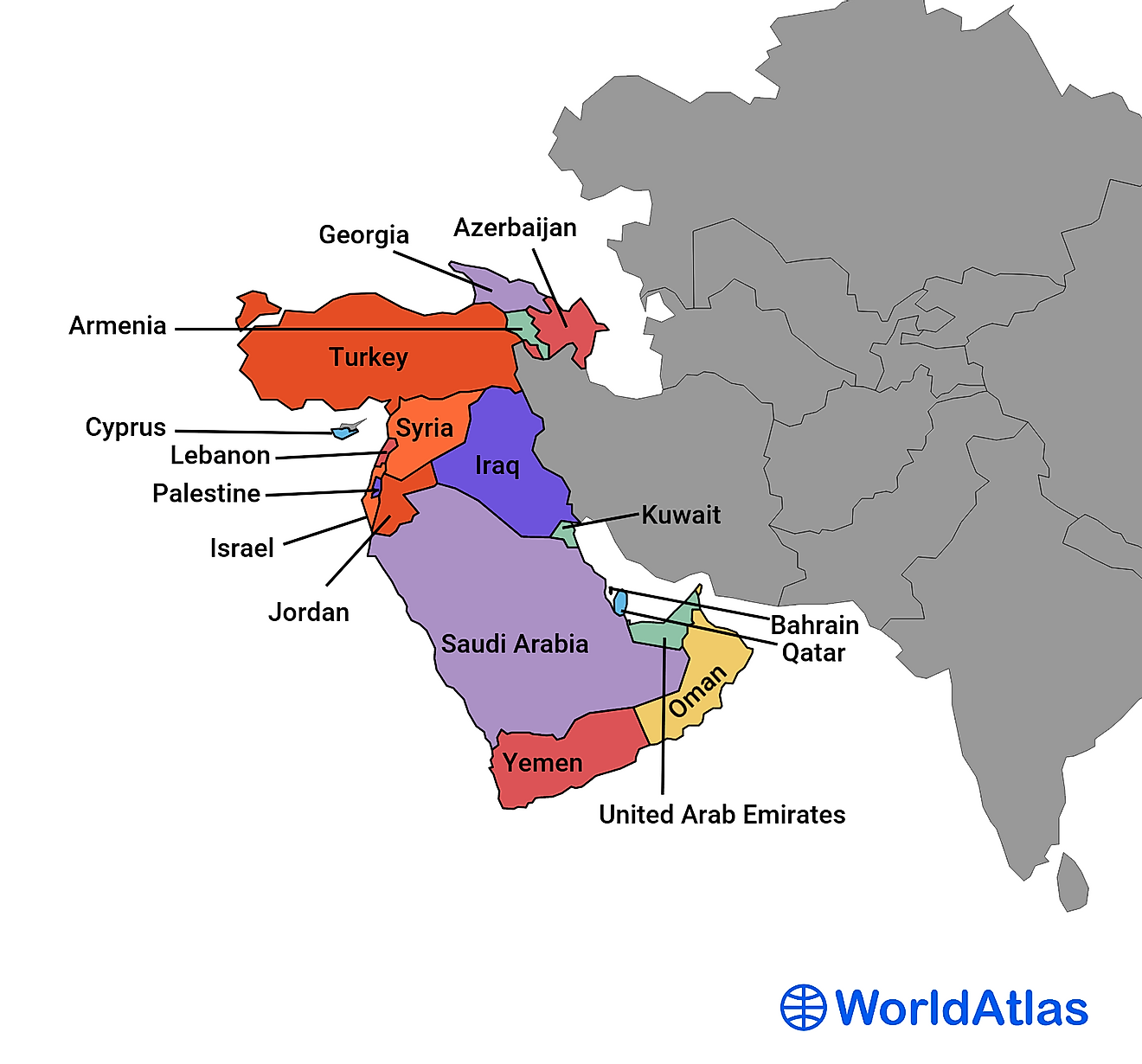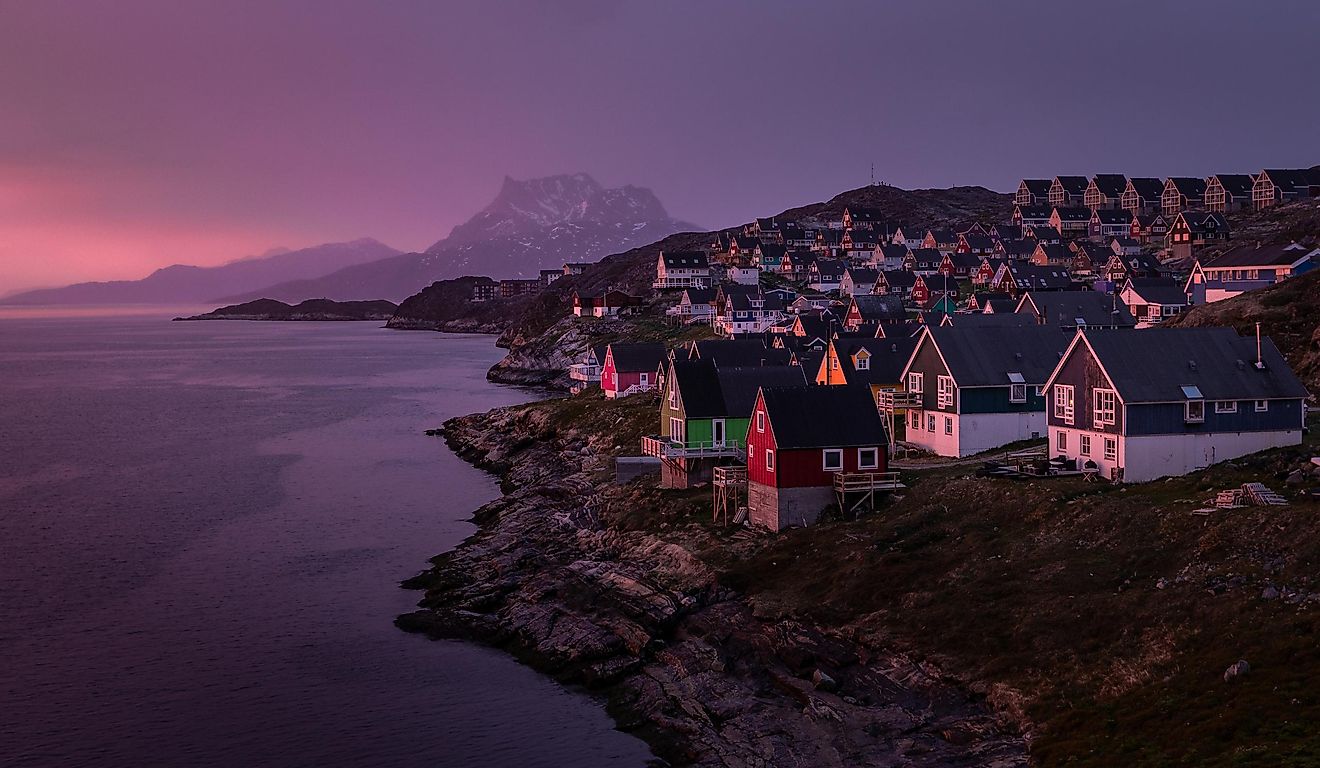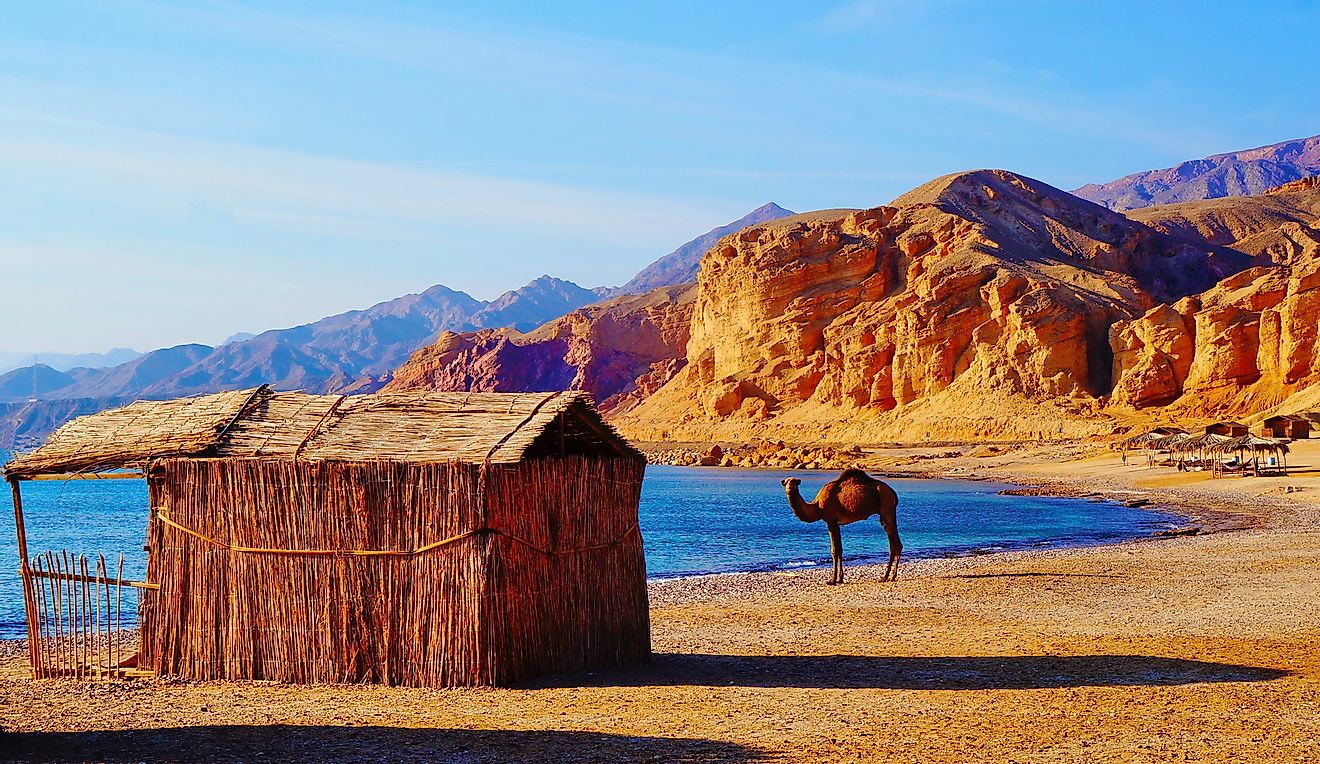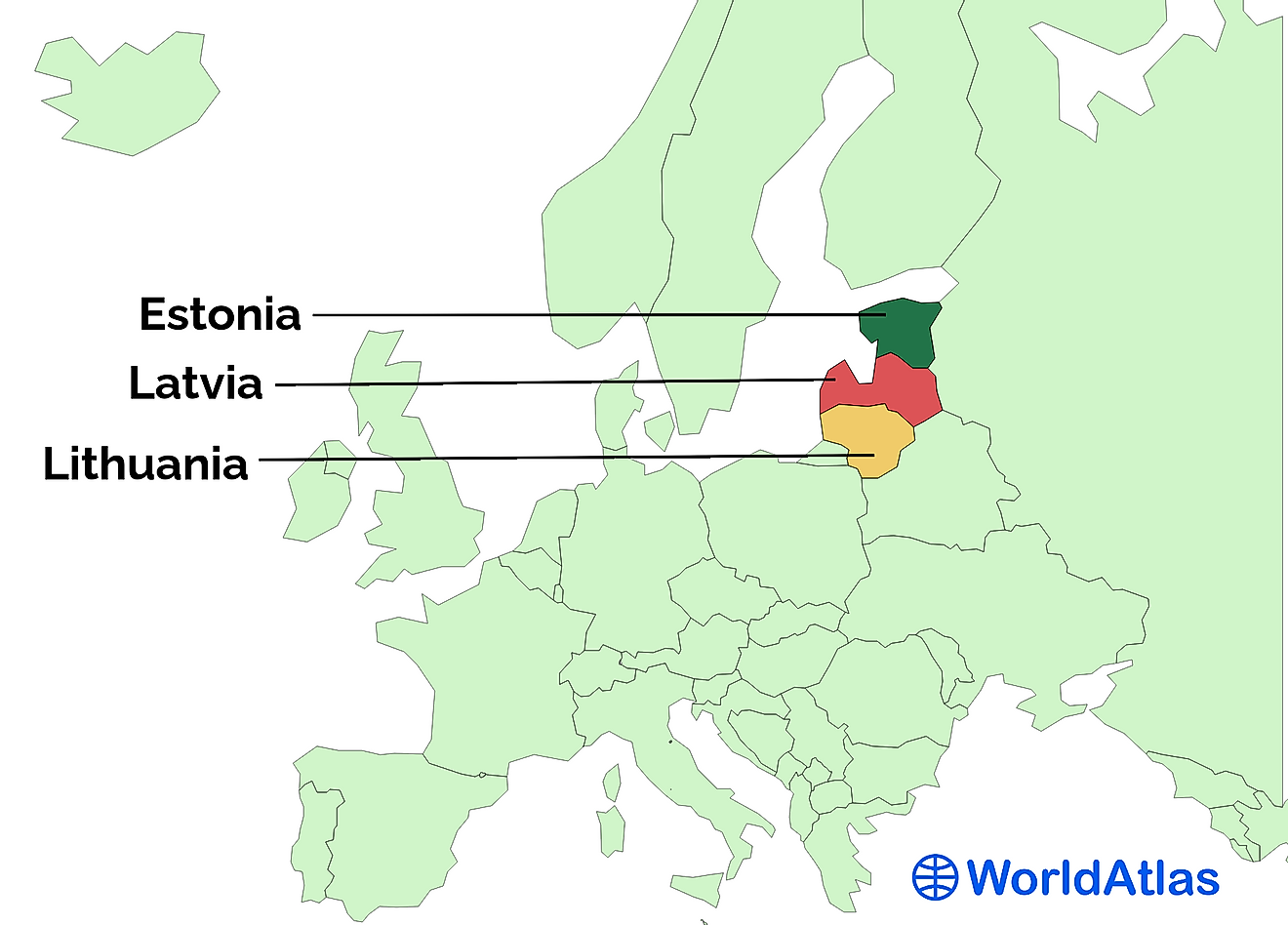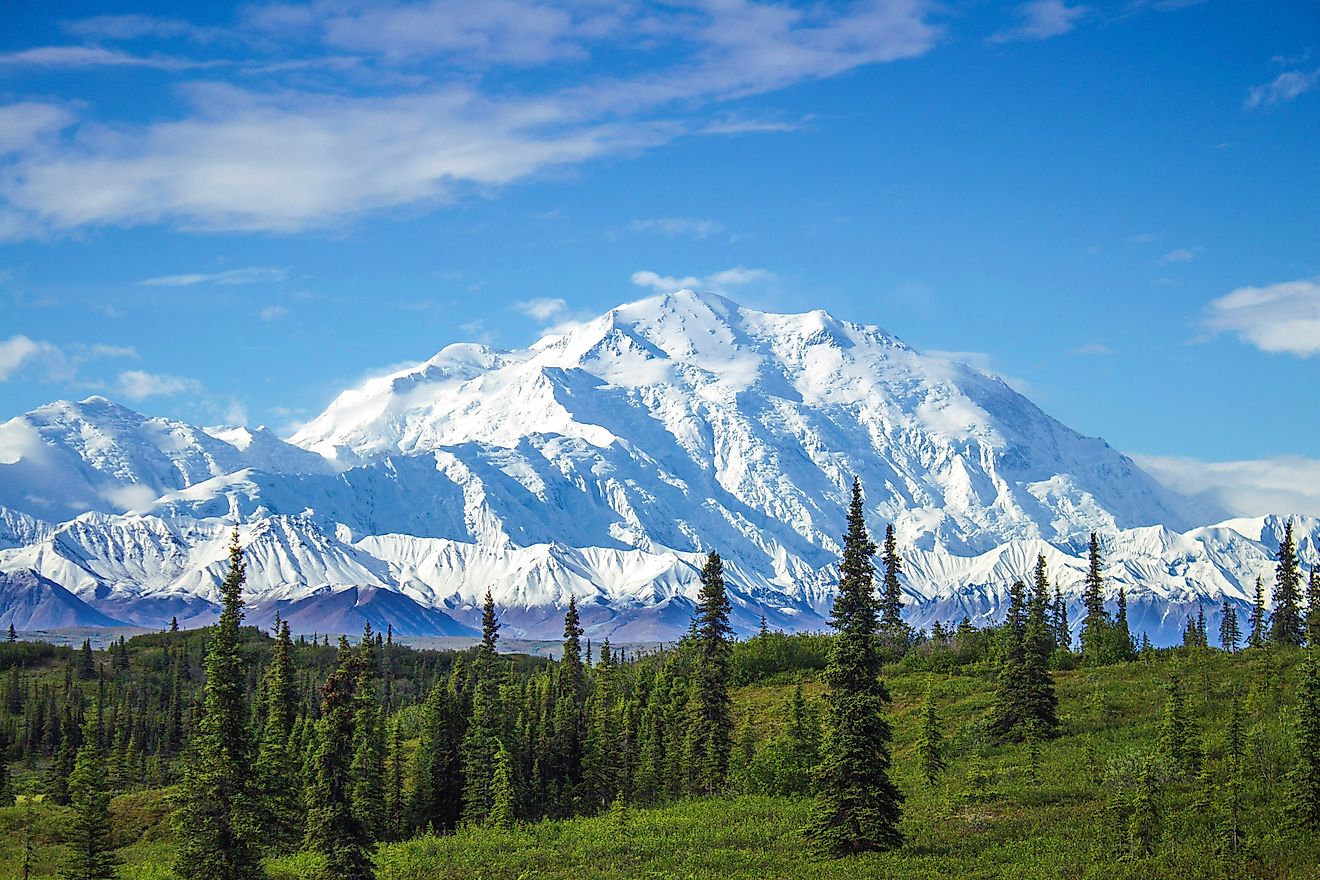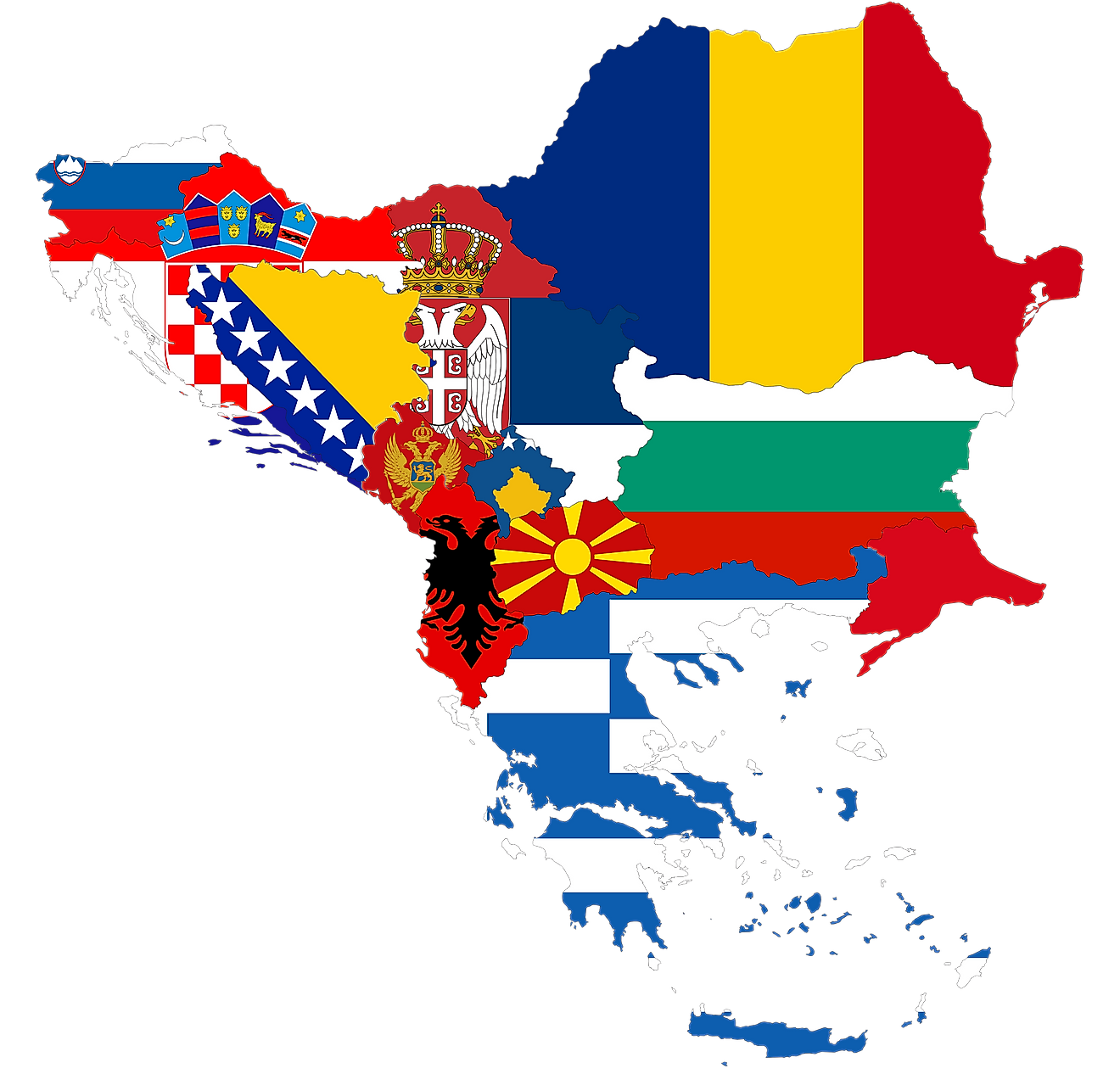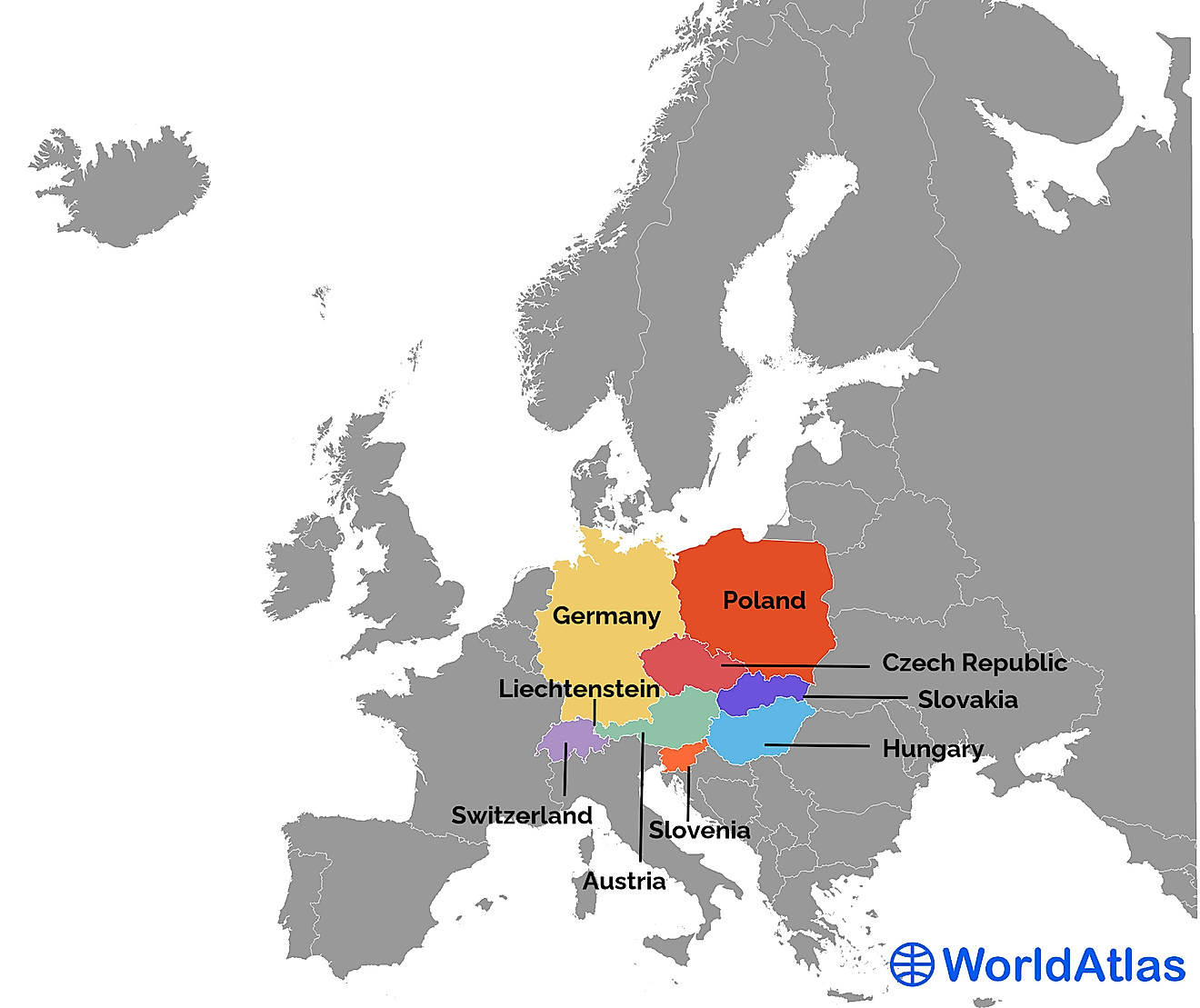Which Canadian Provinces Border The United States?

- Out of the ten Canadian provinces, seven share a border with the United States.
- Located in central Canada, Ontario runs 1,682 miles along the United States border, the longest stretch of any province.
- Alberta and New Brunswick are the only two Canadian provinces that straddle a single American state each.
- British Columbia, Canada’s westernmost province, shares two international borders with the United States.
Out of the ten Canadian provinces, seven share a border with the United States. At 5,525 miles long, the Canada-United States border is considered the longest international border in the entire world. It boasts more than a hundred land crossing checkpoints spread out across multiple states and provinces. Before COVID-19, approximately 300,000 people would pass through almost every day. The following article explores these seven provinces, which states they border, and provide some interesting information for those unfamiliar with Canadian geography.
Canadian Provinces Bordering The United States
1. British Columbia

British Columbia is Canada’s westernmost province. It shares 1,347 miles of border with Washington state and small portions of Idaho and Montana. It does, however, have two international borders with the United States as it runs along Alaskan territory in the northwest as well. BC is the third largest province in Canada and is four times bigger than Great Britain. Its flag is divided into two distinct halves: the top pays homage to its British heritage, while the setting sun in the lower half symbolizes its western location. The capital is Victoria on Vancouver Island, but roughly half of the province’s population lives on the mainland in Vancouver.
2. Alberta

To the right of British Columbia is the province of Alberta. It only shares 185 miles with Montana, making it the shortest stretch of border with the United States. It officially became a province in 1905, 34 years after BC. It is named after Louise Caroline Alberta, the fourth daughter of Queen Victoria. Today, the province is known for being the biggest supplier of crude oil in Canada, producing 81.8 percent of the total amount of oil in 2018. It is also known for the famous Calgary Stampede which got its start at the end of world War I.
3. Saskatchewan
Located between Alberta and Manitoba, Saskatchewan is one of three prairie provinces in Canada. It runs 393 miles along the states of Montana and North Dakota. It, too, became a province in 1905 and is named after the Cree word for the Saskatchewan River: Kisiskatchewanisipi. The most notable feature about the province is its endless stretch of flat terrain. With an approximate population of 1.2 million, most Saskatchewanians live in the south where there is better farmland. It is also a point a pride for its residents that the only Royal Canadian Mounted Police training academy in the country is located in Regina, the provincial capital.
4. Manitoba
Manitoba is the easternmost prairie province in Canada. At 309 miles long, it shares a border with the states of North Dakota and Minnesota. It became an official province in 1870, before any of the other provinces previously mentioned. Similar to British Columbia, its flag pays homage to Great Britain, while simultaneously championing its own identity through the provincial coat-of-arms which proudly features a bison. Manitoba is known for its natural beauty and diverse wildlife. For example, Churchill is considered one of the best places to witness the Northern Lights, and further south, Wapusk National Park is the world’s largest denning site for polar bears.
5. Ontario

The province of Ontario is located in central Canada. It runs 1,682 miles along the United States border, the longest stretch of any province. It also shares its border with the most states: Minnesota, Michigan, Ohio, and New York. While it is not a direct neighbour with Pennsylvania, they are joined through Lake Erie. In 1867, Ontario became one of the first four provinces. It is home to Ottawa, the current capital of Canada, as well as Kingston, the original capital. Nonetheless, Toronto is the most popular city in the entire country; it currently has the highest population at 2,600,000 residents.
6. Quebec
The province of Quebec is the heart of French culture in Canada. It connects to New York, Vermont, New Hampshire, and Maine, a border that stretches 505 miles. Its name comes from the Algonquin word Kebec which means “where the river narrows.” Despite the popularity of Montreal, the provincial capital is actually Quebec City. The Old Town—or Vieux-Québec—is the only walled city remaining in Canada and the United States, an interesting feature left intact after the numerous battles and sieges over the years. Additionally, the majestic Chateau Frontenac is the most photographed hotel in the world.
7. New Brunswick
New Brunswick is the largest of the three Maritime provinces, a region in eastern Canada. It borders the state of Maine, a stretch of 318 miles. With the exception of Alberta, it is the only province to border a single American state. It is one of the original four provinces and is the only one in Canada that is considered constitutionally bilingual. With the highest tides in the world, the Bay of Funday is one of its most popular natural wonders. Being a part of the east coast, most will not be surprised to learn that it also boasts the world’s largest lobster sculpture at eleven meters long and five meters tall.
8. Yukon

Yukon is not a Canadian province, but rather is one of the three territories and therefore, does not formally belong on this list. However, much like British Columbia, it runs along a portion of the Alaskan border. No other province or territory in Canada shares an international border with the United States.
